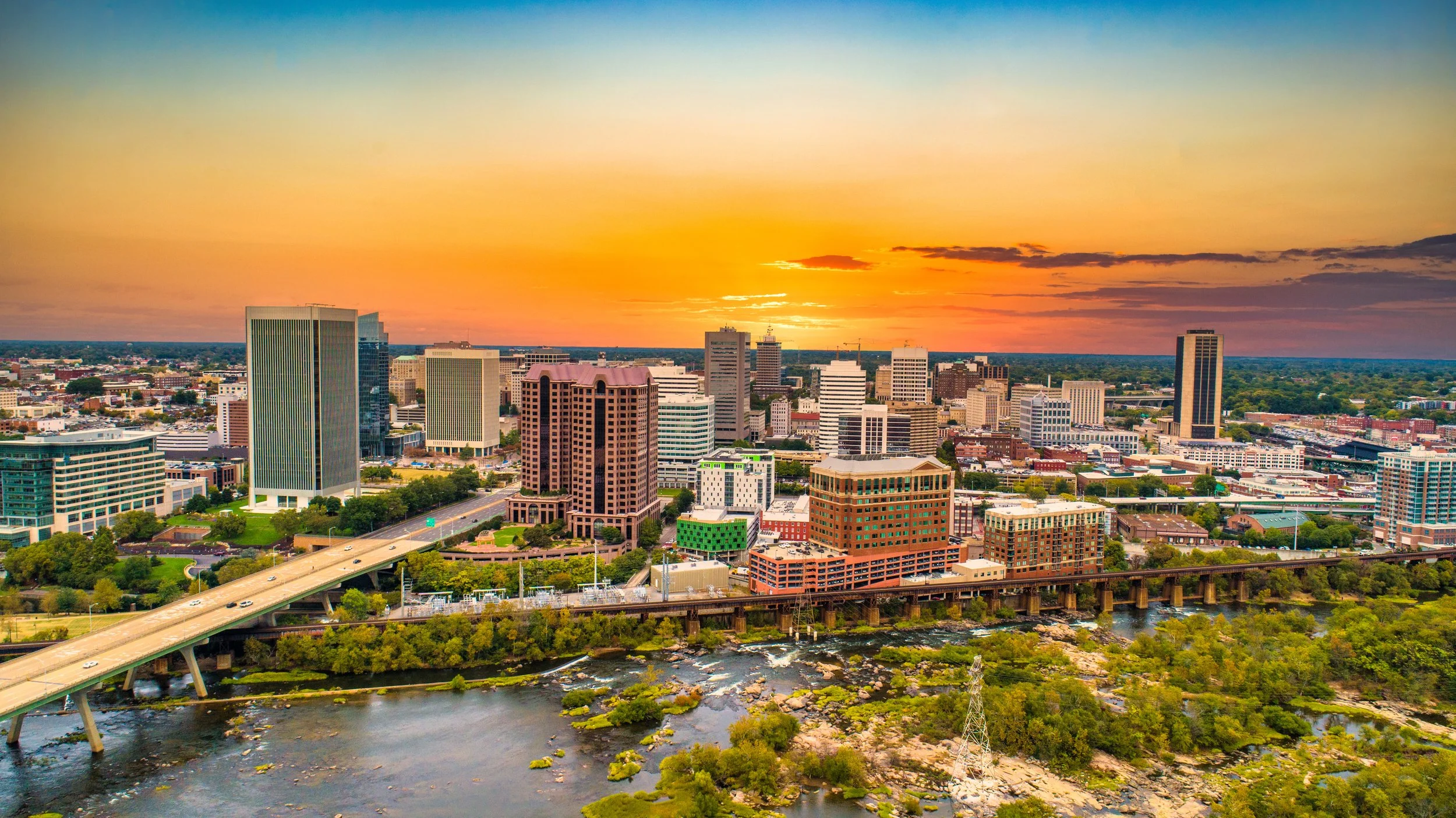A shadowy utility front group called Power for Tomorrow is supporting Dominion’s opposition to deregulation. One example of Power for Tomorrow’s pro-monopoly rhetoric is the mailing it sent out alleging the Virginia Assembly was considering a bill that would result in similar consequences as the Texas outages from last February, including extended outages and high electricity bills once customers regained power.
However, Virginia is part of the PJM wholesale market and the larger Eastern Interconnection, so the likelihood of the lack of available resources caused by severe weather is substantially lower, while most of Texas’ grid remains separate from the rest of the country. That said, the state is only partially deregulated, and only large commercial and industrial customers have the choice to procure their energy from other independent suppliers on the wholesale market.
Even with the passage of the Virginia Clean Economy Act in 2020, Dominion still holds substantial political influence in the state through years of contributions to both political parties, and its donations have increased even further in recent years.
According to the nonprofit watchdog Energy and Policy Institute, Power for Tomorrow posted a “white paper defending vertically integrated utilities’ monopoly status by three members of the law firm Wilkinson Barker Knauer, LLP – Tony Clark, Ray Gifford, and Matt Larson.”
The utility also still owns a substantial amount of generation and will fully own the 2.6 Coastal Virginia Offshore Wind farm, and it has rate-based the costs of various projects on its customers, which prevents independent power producers from being more competitive in the state.
Conversely, deregulation would give customers access to more affordable and cleaner energy, and this would incentivize greater investment in clean energy projects throughout the state.
However, there is one option that Virginia municipalities could take advantage of, which is through community choice aggregation (CCA), thus allowing those municipalities to procure electricity on their own that could be cheaper and cleaner than what customers currently pay for from Dominion. Virginia Clean Energy recently completed a feasibility study for the city of Arlington, and several other cities and counties are considering it, though none have yet to approve or implement one. Virginia is currently the only state that allows CCAs that hasn’t had any cities implement them. However, most of the other states that permit them are deregulated, except for California, which is where this model has been most successful since the customers there have no other alternatives. Granted, Dominion would still be responsible for maintaining all of the infrastructure in the grid and could still charge customers for that portion of their energy bill.
Virginia also recently approved plans to start a community solar program that provides similar benefits to customers, who can subscribe to a share of the production of a system in their area.

